The project explores the link between Cambodian culture, history and food practices using the Hautū Waka design methodology. It demonstrates the adaptability of traditional Cambodian dishes to Aotearoa, with a focus on preserving the heritage for future generations. The project outcomes include a cookbook with detailed historical insight for each dish, showcasing their adaptation to the Aotearoa environment. Additionally included is a set of language-learning flashcards to engage everyone in the learning process.
These findings emphasise how culture, history and environment influence personal identity and highlight the project’s overarching goal of preserving culture.

The project features a cookbook and a set of flashcards. The cookbook features three traditional dishes from Cambodia, showcasing its historical ties and my family’s adaption of these dishes in Aotearoa’s context. To illustrate the cultural connections in the project, I analysed the dishes using the Te Whare Tapa Whā Model. This evaluation provided valuable insights and allowed me to see the holistic aspects of cultural well-being and connection.




The flashcards enhance comprehension of Khmer, Māori and English languages relating to the cookbook’s ingredients. The overarching goal is to foster enriching conversations and facilitate language learning.
Overall, the goal is to help Cambodian communities see the importance of food, history and culture. I aim to empower, showcase and preserve heritage, cuisine and history while also passing down the knowledge to future Cambodian-New Zealand generations.
